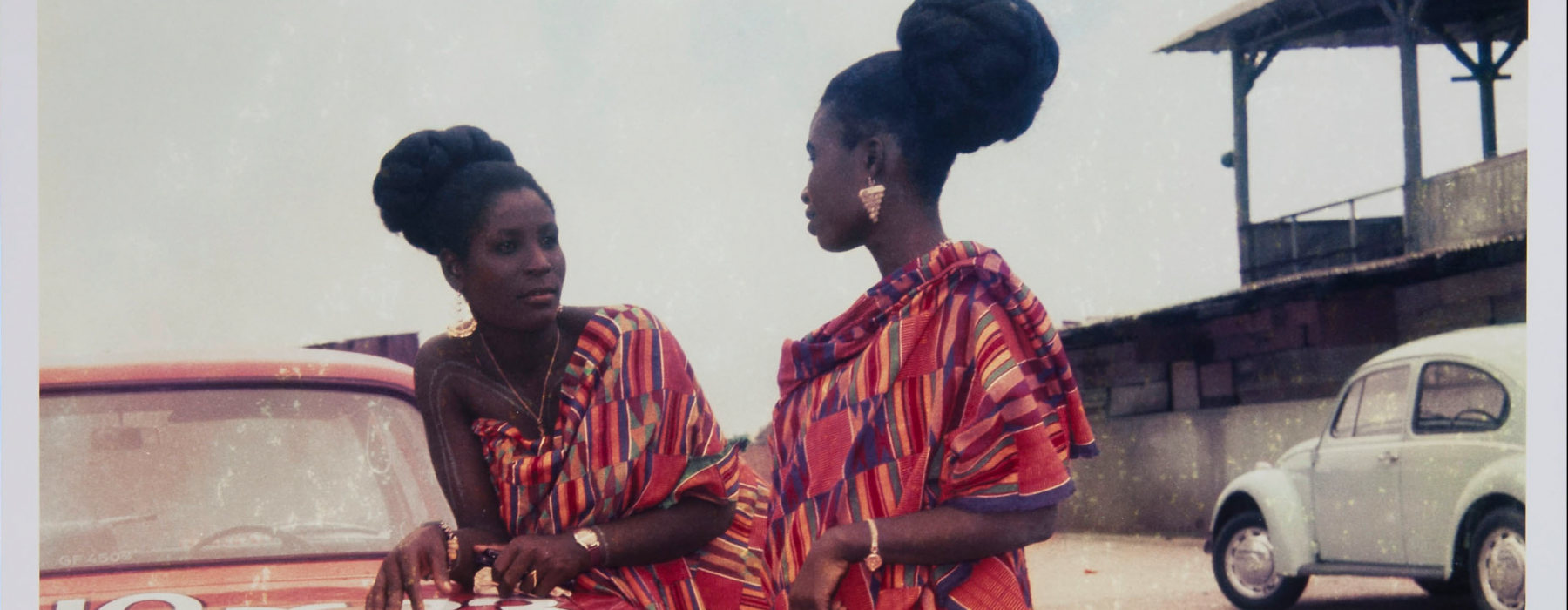
As part of the development of the new exhibition, we are aware of the “impossibility” of such an ambition. Indeed, the museum has had a long, even failed history, of such representational practices, mired in a broader discursive and representational economy that presented Africa through an Eurocentric lens and positioned Africans, their religion and ritual practices as if in need of civilisation – the civilising mission. On this account, Africa and its people were at worst ‘primitive’, ‘backwards’, ‘a place of darkness’, and at its best ‘underdeveloped’ and in need of salvation. Unfortunately, this remains a stubborn imaginary of Africa that still exists today.
As a former missionary museum, the Afrika Museum has been part of this representational economy. Embedded in a complex overlap between Christianity and colonialism, it can be seen as a tool for the civilising mission. For some, it was a forerunner in representing Africa beyond the ‘savage slot’, while for others it could not escape this representational structure.
This opening comes in the wake of decades long critique of the negative imaginary of Africa and Africans in the West. This critique has not limited itself to (ethnographic) museums, but emerged from diverse literary, artistic, academic and (political) activist circles. There has also been a profound growth in attention for art and other creative practices from Africa and the Diaspora, leading to new biennales, galleries, museums, and other platforms. This also coincides with similar growth in practices of “self-writing” from authors, curators, scholars and designers from the continent itself, that, following Felwine Sarr, might be interpreted as the repositioning of Africa ‘in the world on its own initiative and on the basis of a vision that reflects its own specific particularities.’
Acknowledging the museum’s history:
- What role can an Africa museum have in rethinking representation of Africa today, its vast diversity in cultures, in languages, in historical and political formations?
- What positionality does a museum such as this adopt, mindful of its location in Europe, and the earlier representational authority that we as curators claimed – "we know how it is over there?"
- In what ways can we work with the diverse creativity emergent from the continent and its Diaspora, to fashion new, more equitable modes of representation?
- How might we shift the voice and authority of our practice, to focus more on our own implicatedness in the misrepresentation and exploitation of Africa?
- Mindful of the fact that we all inhabit stubbornly persistent negative global imaginaries of Africa, informed in many ways through colonialism, what role can self-writing play in fashioning representational renewal?
- What is the museum if it is to become more than a place for representing Africa?
- And, arguably most importantly, is all of this even possible – is an Africa Museum even viable in the present?
Together with artists, designers, writers, scholars and curators from Africa and the Diaspora, we will grapple with this long history of representing Africa, foregrounding the critical work currently being done globally to rethink how to represent Africa. We see this workshop as part of our ongoing attempt to reorganise our own museum away from representational certainty, and towards a new kind of institution and institutional practices, in relation to Africa.